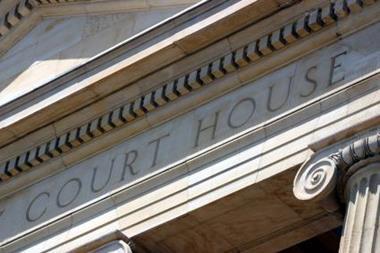Problems in the financial services sector are not just the result of a lack of oversight
A long list of Wall Street scandals attests to the fact that for too long the financial services sector has been operating without proper supervision.
Whether it was through the unrestrained greed of large respected banks or pyramid schemes masquerading as risk-free investments literally billions has been drained out of investors’ pockets.
And apart from the immediate financial loss, the actions, because of the essential role banks play in the global financial system, have had a knock on effect for everyone with an interest in the health of the world’s economy.
The regulatory system failed miserably to stop first the subprime crisis and now an alleged $50bn fraud by Bernard Madoff—a veteran Wall Street money manager. According to a Congressional hearing, the Securities and Exchange Commission looked into Maddoff at least eight times over 16 years yet missed everything.
Certainly there are problems with the way regulation is set up, meaning that conflicts of interest prevent proper investigation. The regulators, rating agencies, accountants and auditors deserve to bear a portion of the blame—and re-examine how they are going to do their job in an increasingly globalised and interconnected world. But it is no good if everyone else absolves themselves of guilt.
“It is no good if everyone else absolves themselves of guilt
There is a lesson for all businesses that they need to act ethically and responsibly. It was not just the responsibility of the authorities to prevent banks stacking up massive exposures to iffy investments. They should have had powerful risk departments capable of applying the brakes.
Equally, if some professional investors were weary of doing business with Madoff because of the fund’s lack of transparency, surely there was a responsibility to raise a red flag for everyone else. Legally there was no obligation to report suspected wrongdoing, but wasn’t there a moral duty?
Even the borrowers who took out cheap loans they knew they would never be able to pay back, and the investors, blinded by the promise of too-good-to-be-true returns, who handed over their money without doing due-diligence, should shoulder some of the blame.
Business is built on trust, without it the whole process breaks down. For now there is a lot of work to do to restore confidence in the system. A display of ethical behaviour would be a good place to start.


















No comments yet